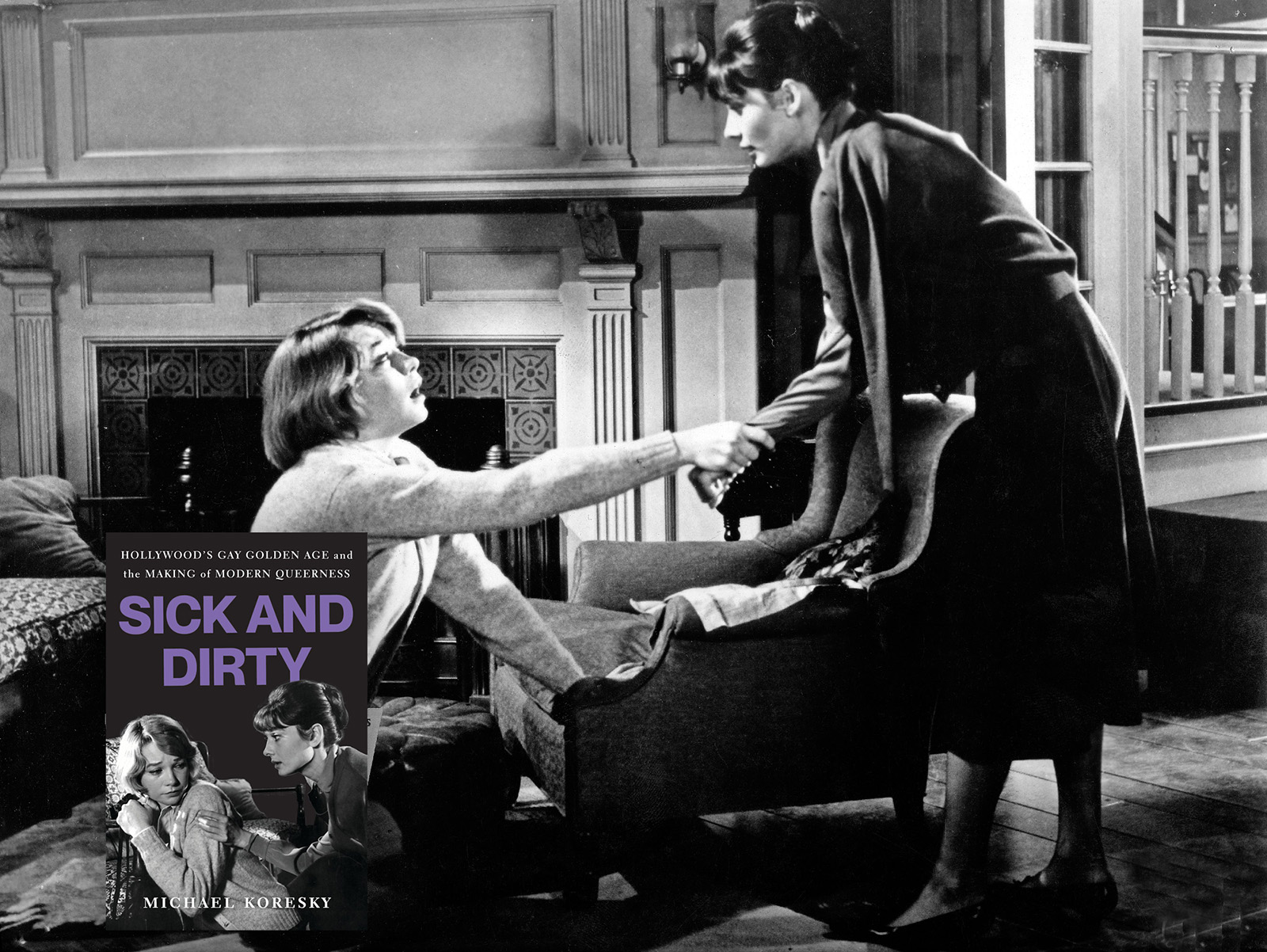"Brothy" was not a word I encountered during the first four decades of my life. There are a number of good reasons for that. It is an unappealing word, for one, but also creating a janky new word for "having the attributes of broth" seems unnecessary. There are already words for that, and also if you're going to disrupt longstanding food nomenclature you had better come with something that's a clear improvement upon "soup."
This was all once easy enough to ignore as a particularly doofy excess of recipe-ese, an awkward short cousin to the dilatory confessional preambles that tend to pad and fog the average stew recipe. But everything has narrowed significantly during this last year of plague and unrest and weaponized idiocy. People are impatient and anxious, and depressed and furious, and all of these are reasonable responses to the state of the world. There was always a good deal of slack in Writing About Food, as it tends to get done, but now there is not a lot of slack in anything. Cooking at home and eating in restaurants and drinking in bars were, for me, not just things I did, but things that helped me feel normal, and like I was maintaining some kind of real presence in my own life.
None of those are really available at this moment, which leaves us with ... words, mostly, and also ambivalence, and I guess also takeout from time to time. This week, Drew and I talked to one of the biggest and best writers on food, and restaurants—and, lately, the suite of assorted ambivalences having to do with both—in Pete Wells, the restaurant critic for The New York Times.
The "we need to do something about the word 'brothy'" issue went unaddressed, primarily because I did not care to say the word aloud, but we did cover a lot of other stuff relating to the politics and economics and aesthetics and current stressful reality of food. Wells is famous for his reviews skewering pompous and overpriced places—and, years ago, Guy Fieri's oafish Times Square eatery—and we asked him about that work (and about Guy). But we also talked about the things that were not previously part of the purview of being a restaurant critic, from the material realities of this very difficult business for the people working in it to the ethics of participating in it as a patron at this moment. Also, as commenters had pointed out of late that we hadn't awkwardly shoehorned Maine shit into recent episodes, I absolutely put the pedal to the damn metal on that one here. I did stop short of derailing the conversation so I could talk about the banh mi at Portland's Honeypaw. Just short. Shorter than you'll ever know.
I think the conversation survived my usual unintentional attempts at vandalizing it, though, and I found it both bracing and, in the ways that so many things are right now, a little shameful. Not just in terms of the embarrassment of seeing how tenuous and vulnerable the activities formerly known as Normal Life really are, or how difficult and strangely distributed and halting the work of standing it all back up has proven, but in terms of how much of what was "normal" about it amounted to not having really thought much about it. In this episode, and I think in general, we are at least thinking about it now. Maybe that's a start, or maybe it's just a phase of whatever protracted process we're all enduring, but at least we're using the right words for it.
If you would like to subscribe to The Distraction, you can do that at Stitcher, or through Apple Podcasts, Spotify, or wherever else you might get your podcasts. If you’d like to listen to an ad-free version of the podcast, you can do so on Stitcher Premium; a free month of Stitcher Premium can be yours if you use the promotional code “DISTRACT.” Thank you as always for your support.







